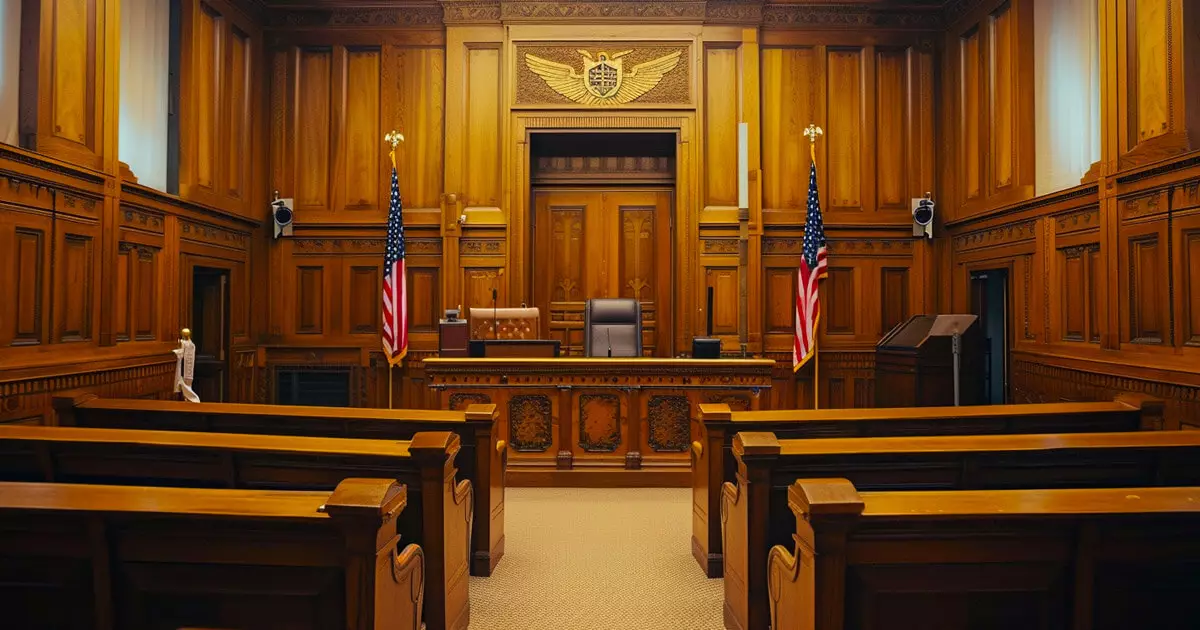The recent decision by the US Supreme Court to overturn the Chevron doctrine has significant implications for the regulation of cryptocurrency, according to economist Timothy Peterson. The Chevron doctrine, established in 1984, had allowed federal courts to defer to agency interpretations of laws and statutes. With this decision, the SEC’s authority to regulate crypto as a security has come into question, leading to potential changes in how cryptocurrencies are treated under the law.
Peterson argues that the overturning of the Chevron doctrine limits the SEC’s ability to act as an “automatic subject matter expert” on crypto. This move could result in fairer regulations and a more balanced legal landscape for cryptocurrencies like Bitcoin. This decision forces courts to scrutinize the SEC’s anti-crypto stance, potentially reducing the agency’s unilateral interpretive power and redefining how assets are classified as securities.
FOX Business reporter Eleanor Terrett notes that while the end of Chevron does not entirely remove the SEC’s ability to take enforcement actions, it raises questions about whether the agency has the authority to regulate crypto as a security. Terrett suggests that the recent decision could impact ongoing cases, such as the SEC’s lawsuit against Consensys, where certain tokens are classified as securities. The weight of the SEC’s claims against entities like Consensys may be reduced with the overturning of Chevron.
In a case leading to the overturning of Chevron, lawyer Paul Clement highlighted the regulatory gridlock surrounding crypto and agencies’ ability to claim authority on such matters. Clement pointed out that Congress has not addressed crypto regulation, leaving room for agencies like the SEC to assert their regulatory powers. The decision to scrap Chevron opens the door for legal challenges on whether crypto assets should be considered investment contracts, potentially shifting the direction of future crypto-related cases.
The US Supreme Court’s decision on June 28 in two cases, Relentless Inc. v. Dept. of Commerce and Loper Bright Enterprises v. Raimondo, signaled the end of the Chevron doctrine. The New Civil Liberties Alliance, responsible for one of the cases, emphasized that gaps and ambiguities in statutes no longer grant agencies like the SEC broad regulatory authority. Judge John Roberts stressed the need for a principled and intelligible legal framework, urging the courts to move past Chevron and address legal ambiguities directly.
The US Supreme Court’s decision to overturn the Chevron doctrine has far-reaching implications for the regulation of cryptocurrencies, particularly in how the SEC interprets and enforces laws in the crypto space. This move opens the door for increased legal challenges and scrutiny on the SEC’s regulatory authority, potentially reshaping the landscape for crypto regulation in the United States. Future cases will likely test the boundaries of agency powers and the classification of crypto assets, leading to a more transparent and balanced approach to regulating digital currencies.



















Leave a Reply